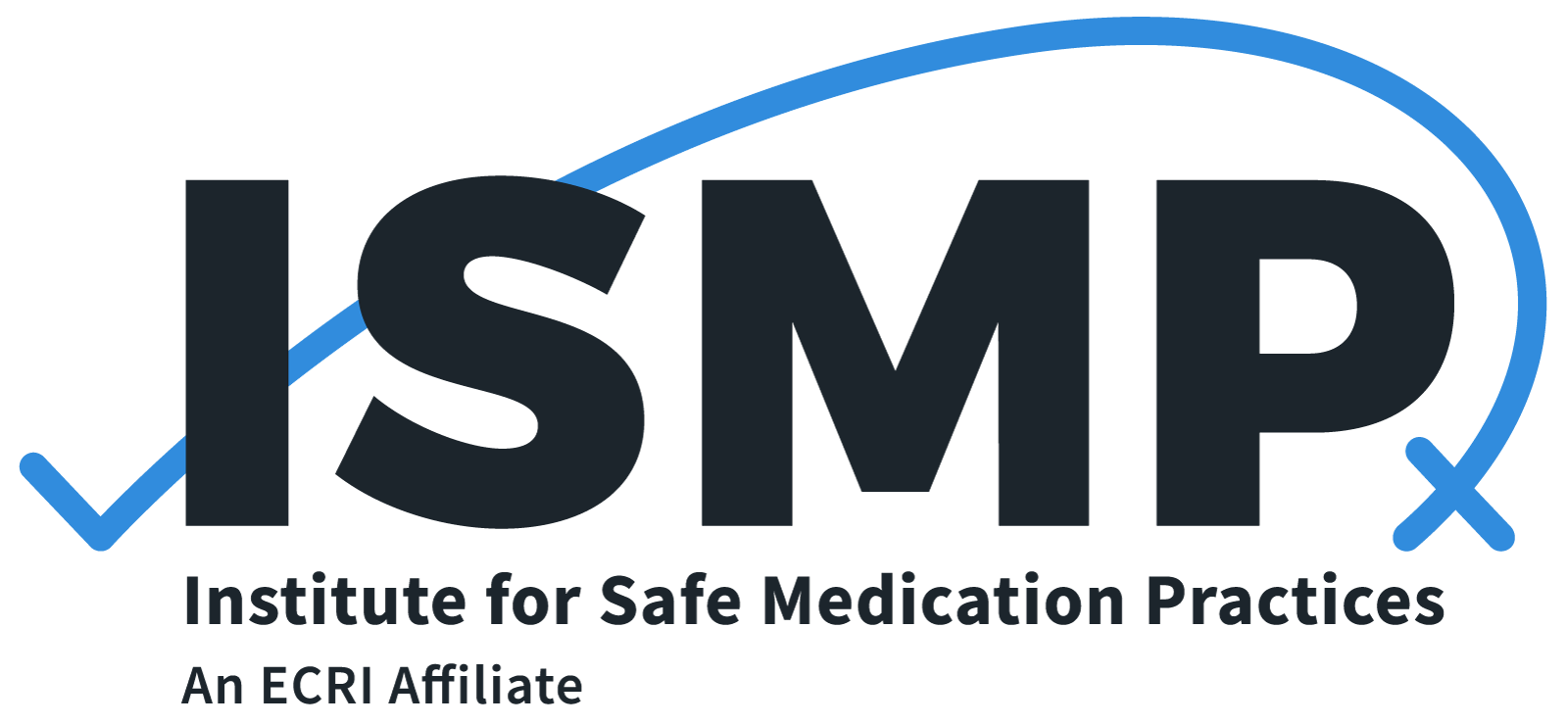Human error can be described as a failure of a common sequence of psychological functions that are basic to human behavior. This failure involves perception of the situation, the way these stimuli are interpreted, and the execution of planned actions. Human factors in healthcare considers the way in which professionals interact with medications and medication technology within their environment, and how this cognition can influence human behavior, leading at times to human error. The ability to correctly interpret medication labels can be a contributing factor to medication-related events, possibly even leading to harmful patient outcomes. Understanding how limitations of human performance in combination with error prone label designs contribute to these events is vital to providing support to individuals working in complex medication systems.
Using an adverse event case example, this program will describe the differences between active and latent failures, compare at-risk behaviors and human error displayed during an actual event, and describe performance shaping factors known to influence safe behaviors with medication use. Faculty from the Division of Medication Error Prevention and Analysis (DMEPA) will describe their work in enhancing human performance and the prevention of medication errors using specialized pre-market and post-market activities addressing human factor vulnerabilities. Actions taken to address recent medication error reports will be explored, as well as the role of health care practitioners in identifying, preventing, and mitigating medication errors.
Intended Audience:
-
Medication Safety and Patient Safety Officers
-
Risk Management and Quality Managers
-
Medication Safety Committees
-
Nurses
-
Pharmacists
-
Pharmacy Technicians
-
Physicians
Learning Objectives:
Following completion of this activity, participants will be able to:
-
Differentiate between human errors and at-risk behaviors.
-
List factors that can degrade human performance and lead to human error.
-
Identify examples of unsafe drug product labeling and packaging.
-
Describe FDA's role in pre-marketing and post-marketing activities to prevent and address medication errors.
Speakers:
Matthew Grissinger, RPh, FISMP, FASCP, Director of Education, ISMP
Mishale Mistry, PharmD, MPH, Associate Director FDA, CDER, OSE, IMERPRM, Divisions of Medication Error Prevention and Analysis (DMEPA), FDA
Price:
Free
This activity is supported by Novartis, Name Creation & Regulatory Strategy.
CE Accreditation
Pharmacists and Pharmacy Technicians
This CE activity is jointly provided by ProCE, LLC in partnership with the Institute for Safe Medication Practices (ISMP). ProCE is accredited by the Accreditation Council for Pharmacy Education as a provider of continuing pharmacy education. ACPE Universal Activity Number 0221-9999-22-207-H05-P/T has been assigned to this home study knowledge-based activity. This activity is approved for 1.0 contact hour (0.1 CEU) in states that recognize ACPE providers. This activity is provided at no cost to participants. Completion of the evaluation and the post-test with a score of 70% or higher are required to receive CE credit. No partial credit will be given. Statements of completion will be issued online at www.ProCE.com, and proof of completion will be posted in NABP CPE Monitor profiles.
Nurses
This activity has been approved for up to 1.0 California State Nursing contact hours by the provider, Debora Simmons, who is approved by the California Board of Registered Nursing, Provider Number CEP 13677. Credit will only be issued to individuals that are individually registered and attend the entire program.

